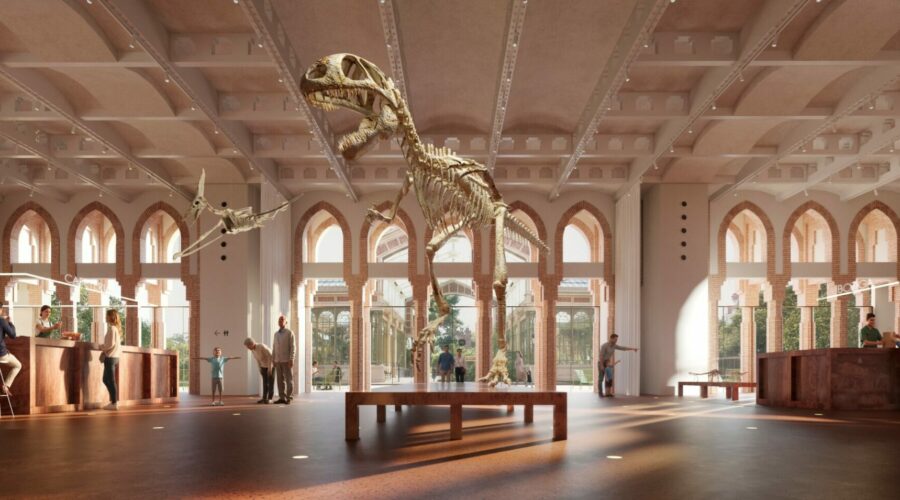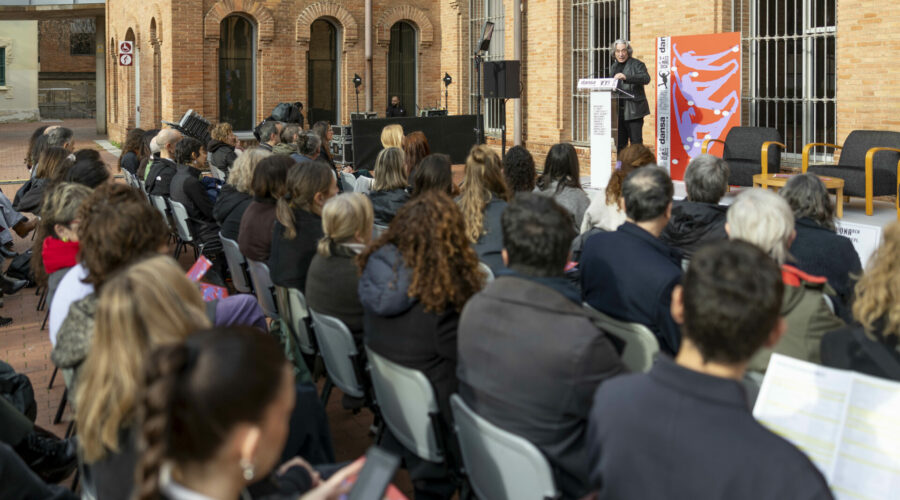
The digital era has experienced a revolutionary turn with the presentation of the first virtual city in the metaverse by the Barcelona startup Algoritcom.
This innovative project, backed by a 3.2 million euro investment from a private fund, promises to transform the way citizens and businesses interact in the digital space.
In a world where online shopping is commonplace, Algoritcom goes one step further by introducing a hyper-realistic virtual city. This initiative, scheduled to launch in February from the Mobile World Congress showcase, seeks to offer an immersive experience that goes beyond the simple acquisition of products in three dimensions.
In this metaverse, users can configure avatars to their likeness and explore 3D digital stores for a unique shopping experience.
Virtual City: beyond 3D shopping
Algoritcom’s vision is not limited to buying and selling products in a realistic virtual environment. The metaverse city aims to become a hub of digital activity, integrating social networking functions, games and various services.
From training classrooms with avatars as students to virtual concerts and hairdressing experiences, the platform seeks to replicate a city in the virtual world with unlimited possibilities.
A distinctive aspect of Algoritcom’s project is its commitment to accessibility. Unlike many metaverse platforms that require specialized hardware, Algoritcom’s virtual city will be available from any device without the need for virtual reality goggles.
Joan Sanchez, CEO and co-founder of Algoritcom, emphasizes: “We want everyone to have access, without limitations of devices or companies”.
Inclusive business model
To ensure the participation of companies of all sizes, Algoritcom has devised an inclusive business model.
While access to the metaverse city will be free for users, companies will be able to sell their products through monthly subscriptions starting at 150 euros, or for free with a basic version and commissions of 2.5% per sale.
This approach is intended to be a gateway for any type of company to the metaverse.
A prominent feature of Algoritcom is the ability for users to test products through mobile devices and augmented reality technology. This, combined with the ability for companies to design stores without the constraints of reality, offers a broader sales channel.
Brands can leverage loyalty techniques, such as rewarding winners of games on the platform, and avatars serve as ambassadors for real products by showing them off in the virtual world.
The launch of the virtual city is scheduled for February, coinciding with Algoritcom’s participation in the Mobile World Congress.



